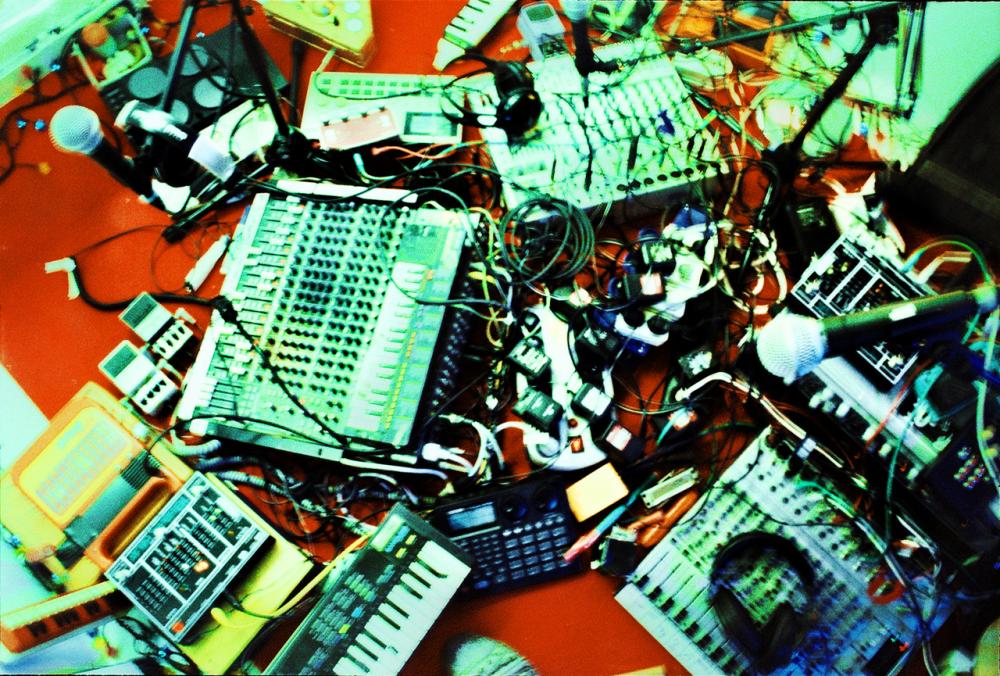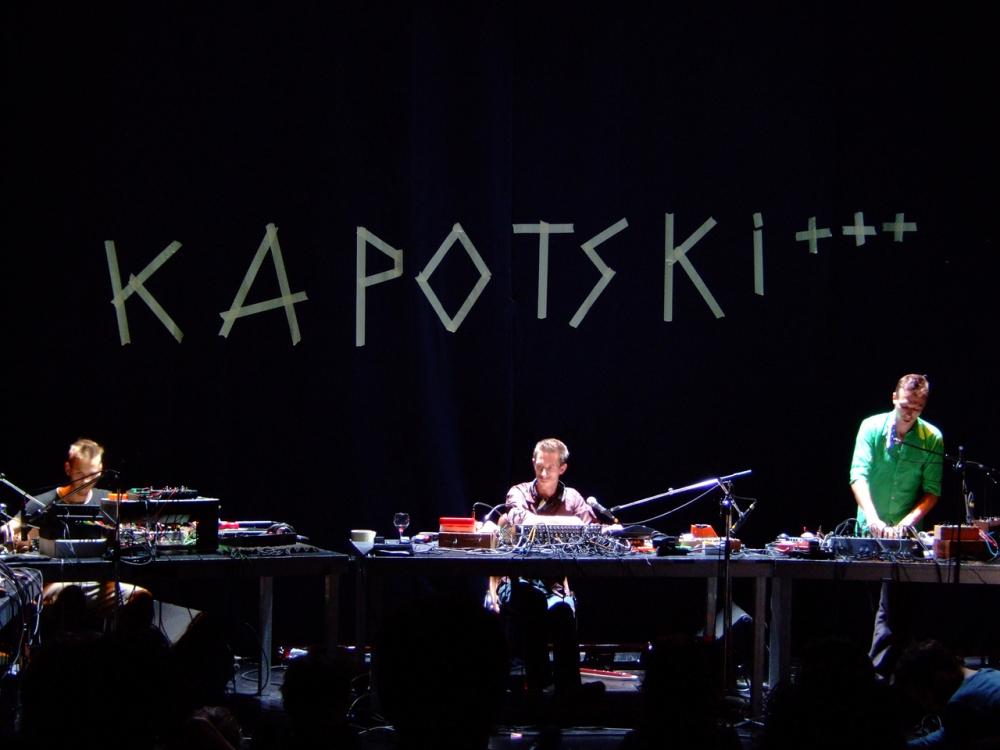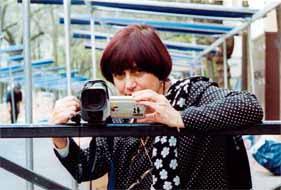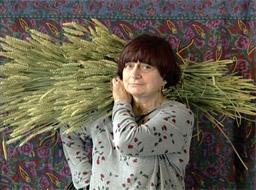The Art of Waste
The realisation that the generosity of the planet earth is gradually coming to an end has still not led to changes in the way we live our lives. Waste and excess seem to be fundamental to modern man’s definition of himself. Knowing that the sustained wastage of materials will inevitably lead to catastrophe, how can we turn our urge to waste in a more immaterial direction? Or else, can the essential change in behaviour also be kept fairly agreeable? And can art, as a form of symbolic waste, play a part in this?
14:00-18:00
AFTERNOON SESSION
in English | free | please book in advance
Artists, scientists and cultural critics talk about ‘Re-Imagining the Landscape’.
Moderator is critic, dramaturge and curator Jeroen Peeters.
Karim Benammar – Abundance, excess, expenditure: life, nature and art
philosopher and writer (Overvloed, 2005)
According to the French thinker Georges Bataille, we can spend our surplus catastrophically, in war and destruction, or gloriously, in art and eroticism. What are the consequences of a perspective of abundance and surplus, of expenditure instead of hoarding, for our lives, for our relationship to nature and for art and artists today?
Dirk Holemans – The dead end street of liquid engagement: why hip behaviour & high tech won’t save us
editor-in-chief of Oikos, Journal for Social-Ecological Change; former member of parliament and president of the Flemish Green party; policy advisor
Only if we are able to envision other ways of identity development away from consumption, a real green society with less consumption can come into being. Instead of fleeing into the myth of technological salvation, we need to learn again to confront the limits of our being in a fruitful way.
Mel Evans, Vicky De Meyere, Karel Van Acker, Ula Sickle (Open Frames), Maarten Gielen & Lionel Devlieger (Rotor),… will respond to these lectures, departing from a discussion of their own work.
19:00-20:30
RE-THINKING FOOD #3 | Macrobiotics / Rosas & P.A.R.T.S. Kitchen
in English | €10 | please book in advance
The choreographer Anne Teresa De Keersmaeker has had a macrobiotic kitchen installed at her workplace in Vorst. The country’s only macrobiotic ‘company kitchen’ will be serving a one-off meal at the Kaaistudios.
![]()
20:30-22:30
EVENING SESSION
in English | free | please book in advance
A combination of performances, talks, music and film. The full programme will be announced later, but here is a small selection of the evening’s activities:
 |
lecture |
 |
concert Their music (and above all their instruments) are sometimes referred to as a musical junkyard. Kapotski makes music by misusing toys and manipulating low-tech electronics and prehistoric kitchen appliances, among other things. |
 |
lecture Platform London / Mel Evans [London] - Freeganism & Dumpster Diving Freeganism is an anti-consumerist lifestyle. Freegans try to find alternative ways to get things that they would usually have to pay or work for. One of the most famous aspects of the freegan lifestyle is ‘dumpster diving’. Dumpsters are American skips or trash bins. Freegans look in dumpsters for food and other items being thrown away ans then they reclaim them for re-use. This includes food, furniture and other household items. | in English |
 |
documentary Tomoe Yoshihara, Paul Aflalo, Sandro Lombardi [Canada] - Surfing the Waste A short musical documentary on youngsters in Montreal who find their food, and everything else they need, on the streets. It’s called ‘dumpster living’, and ‘freeganism’ is the lifestyle that developed from it. |
 |
lecture Waste = food! |
22:30-24:00
LATE NIGHT DOCUMENTARY FILM
in English | free
 |
Agnès Varda - Les Glaneurs et la Glaneuse France, 2000, 82 min. A film about people who glean or gather up what is left behind after a harvest. Agnès Varda interviewed several ‘gleaners’ and tells the story of this activity on the basis of actual examples. |



